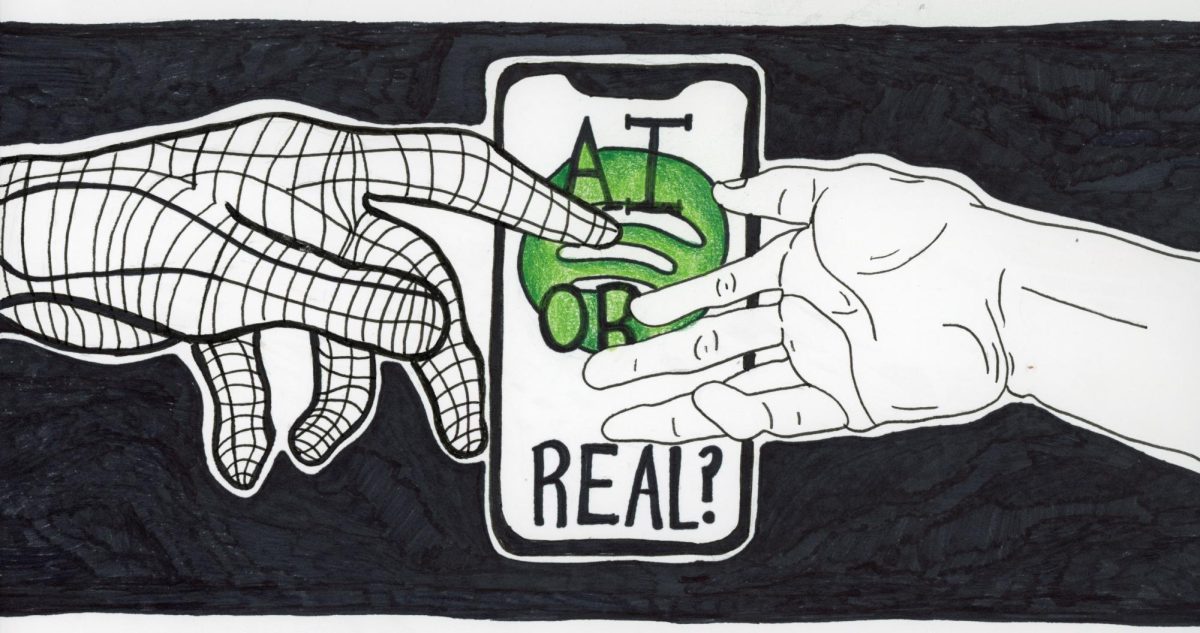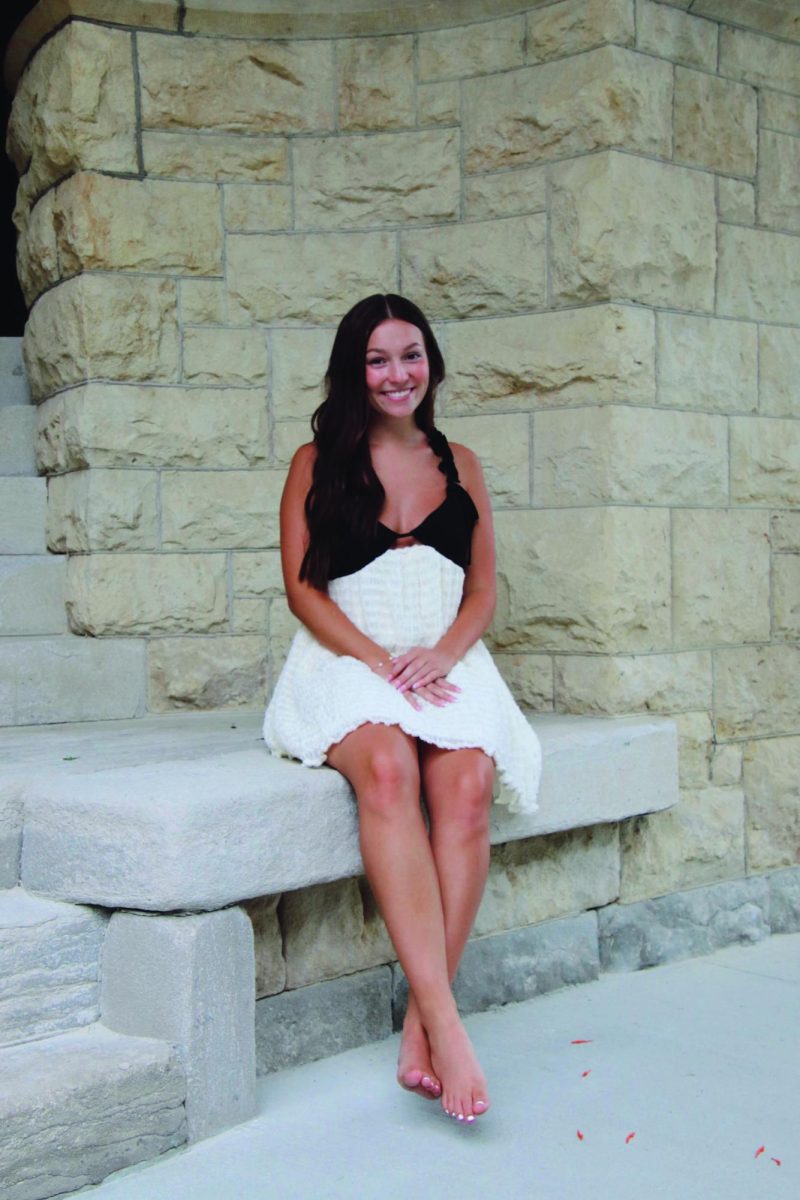I want to begin this review by saying that I don’t like the vast majority of modern country music. Although country can be very, very good, when executed well, so much of the country music that gets airplay today is vapid and radio-friendly, lacking the acoustic, folk-inspired charm that classic country had. And yet, it is difficult to escape, so much so that it starts to annoy me at times. Modern country also has a culture issue. A genre that, as recently as the 1990s had several female stars, is, in its present form, dominated from top to bottom by men. In addition, several of the most prominent country stars, from Morgan Wallen to Jason Aldean have been recently wrought with controversy based on prior racist comments. It’s easy to see how someone like me can get fed up with the genre and everything it represents pretty quickly.
Yet, country music still surprises me with its simple greatness sometimes. Unexpectedly, Deeper Well, an album by country singer Kacey Musgraves, has become the highest rated new album I have reviewed in the last two years. I was introduced to the album almost completely by accident. In early March, Kacey appeared as the musical guest on Saturday Night Live. Normally, I tune out the musical guest section of the show unless they are an artist I enjoy, but, in a stroke of fate, I chose to keep the volume on for Kacey’s performance. Her rendition of the title track, Deeper Well, was hauntingly beautiful. It was one of the strongest musical guest performances I’ve heard on the show in years, with soft, melancholic guitars and emotional, reverbed vocals. Immediately, I was hooked.
The high points of this album showcase the best that modern country has to offer. The title track, Deeper Well, was my favorite off the album. The emotional performance, bubbly acoustic instrumentals, and message that championed positivity and self-care felt like a breath of fresh air compared to other country songs that I’ve heard in the past few years. Other highlights from the album were the opening track, Cardinal, and the ninth track, Jade Green. I liked how different these two songs sounded from traditional country. Although this album, as a whole, makes excellent use of reverb to execute its lo-fi sonic atmosphere, these two tracks push the distortion to a different level, resulting in an ethereal sound that is quite pleasing to the ear.
The messaging of this album also feels very detached from the popular narratives being pushed by Nashville albums in recent memory. Despite sounding toned-down and melancholic in spots, the overall attitude of the album feels very positive and self-assuring. While listening to this album, I feel like I’m a part of Kacey’s journey of self-healing, and that results in an album that perfectly blends positivity and emotionality into a cohesive whole. Kacey Musgraves has never been afraid to bend the norms of country music. She comes from a background traditional for many country artists: she grew up on a ranch in rural Texas. On the other hand, however, she is female in a male-dominated genre, a member of the LGBTQ community, and espouses progressive social values in a deeply conservative atmosphere.
And it is within this context where another one of my favorite songs off this album lies. The Architect was one of the most controversial songs off this album. It polarized fans of Musgraves with its controversial lyrics, covering Musgraves’s questioning of her religious values. Country music today is deeply religious, and throughout its history, it always has been. Although this is not new by any means in the country world, It definitely stands out against the religious undertones of a lot of other country music nowadays. In The Architect , Kacey describes how her identity as LGBTQ put her at odds with the religious values she had grown up with, and I believe that the decision to do this was brave, especially for a country artist, and, in execution, very well done. The song is one of the most stereotypically country-sounding songs off the album, yet it is still one of my favorites mainly due to the notable dichotomy between it’s lyrical content and musical tone.
This album does exactly what I want country music to do. It embraces both the folk history that country music was birthed from and the lo-fi indie folk trend that currently popular among Gen Z audiences. It is not perfect, with some tracks, such as Moving Out, Dinner With Friends, and Lonely Millionaire, failing to make an impression, but the vast majority of this album stands apart from the rest of what Nashville is producing currently. Musgraves pairs innovative sound techniques, such as her stripped-down instrumentals and use of reverb, with messaging that stands out from the conservative, Christian, male stereotype of country music. This album is one of the most outstanding albums I’ve heard in years, and I hope to hear more like it in the future. In my opinion, it is a step in the right direction for the country genre.
Overall Score: 84/100













